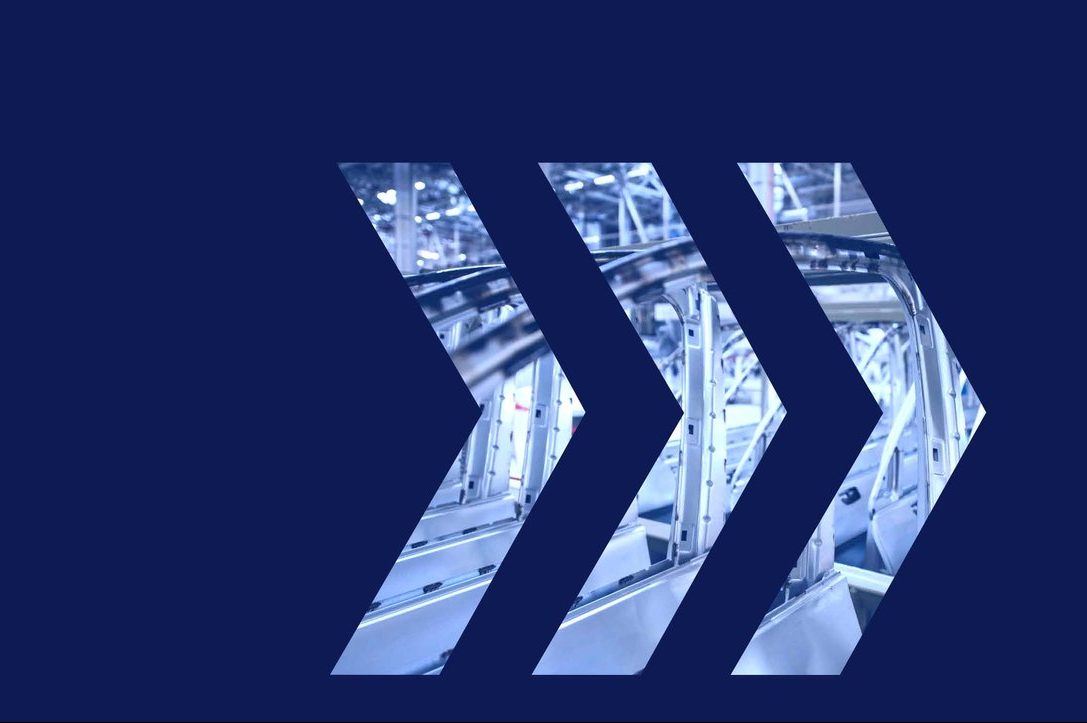
In Star Trek: The Next Generation, the android Commander Data attempted to understand what it meant to be human. He failed to understand empathy and humour, as ultimately, he was attempting to reduce these human characteristics to algorithms.
Machines are ideal when large quantities of information have to be processed. But using algorithms to make human-centred decisions is something to be avoided at all costs.
A study by Oxford University identified which professions were most likely to benefit from using AI, and which professions could be replaced by machines. Surprisingly, the study mentioned doctors, lawyers and even teachers – all of which rely upon a level of human compassion and not simply the analysis of data.
Another role that is often pointed to as being ideal for automation is management. However, saying that all management decisions could, in the future, be made by an AI, is too simplistic – and misunderstands one of the most important aspects of modern leadership: the ability to empathise.
Leadership by machine?
Apple’s CEO Tim Cook, speaking to graduates at MIT in 2017, said: “I’m not worried about artificial intelligence giving computers the ability to think like humans. I’m more concerned about people thinking like computers, without values or compassion, without concern for consequence.”
This insight, I think, is at the heart of the unique characteristics that human leaders bring to their companies. Leadership is much more than just decision-making based on data. And fostering entrepreneurship within a business delivers a new dynamic that can benefit all.
Saying that all management decisions could, in the future, be made by an AI, is too simplistic – and misunderstands one of the most important aspects of modern leadership: the ability to empathise.
Great leaders understand the emotional aspects of management and can bring empathy to their roles. What’s more, modern business leaders are prepared to expose their own emotions and personality to make stronger connections to their workforces.
Sheryl Sandberg, COO of Facebook, believes that leaders should strive for authenticity over perfection: “True leadership stems from individuality that is honestly and sometimes imperfectly expressed.”
No machine will ever be able to duplicate the emotional skills needed to lead a workforce. According to research from Development Dimensions International (DDI), organisations with the highest quality leaders are 13 times more likely to outperform their industry competitors.
Most of all, leaders also need to inspire, motivate and show empathy to a level that delivers a vital component of effective organisations: trust.
All successful executives and leaders have the trust of their employees. Their staff have confidence that the management will listen to them and act upon their concerns. Trustworthiness is also the foundation onto which authenticity is built. Employees need to be confident they can trust their leaders to be fair. When they speak candidly, this isn’t punished; but embraced and listened to. This reinforces integrity, and ultimately drives the bottom line.
When an environment of trust is developed, this brings out the best in people. They think creatively. They innovate and feel they can accomplish any task, knowing they have an empathetic manager to guide them. Leaders should be confident not only in their business acumen, but also in their emotional intelligence.
The last component of what makes a truly great leader is listening. Empathetic people are great listeners. They have the ability to take the time to understand what is being said to them, and use that information to make tangible decisions. All emotionally intelligent executives can not only listen but also understand how something is being said. This appreciation of the context – and in many cases, what goes unsaid – is a powerful tool.
The trust that employees have in their managers also extends to how they approach each project and task. Taking the core qualities of the entrepreneur (creativity, decisiveness, vision, compassion) and applying them to how a workforce is organised, defines businesses that lead their sectors with world-class innovation.
The empathic executive
There are such things as happy accidents, born from unexpected detours from the set process. If we use a machine measurement to define what success or failure is, it removes the opportunities for these accidents, and the unexpected insights that could lead to the project following a new, and potentially more successful, route. Machines can’t see or grasp these nuances.
Some of the most lucrative innovations come from development processes that are not well defined. Human managers can appreciate the often-vague parts of a project, as the human executive understands that a too-rigid approach can stifle creativity (which is, in many cases, where the critical breakthroughs in a project happen).
When an environment of trust is developed, this brings out the best in people. They think creatively. They innovate and feel they can accomplish any task.
Again, trust is a core factor that teams need in their managers to allow them to pursue a course of action that is not well defined. Also, they have the confidence that something new and innovative might result. An AI will never be able to have the level of trust a human manager has to allow this level of flexible innovation.
I’ve seen firsthand how empathetic leadership has unleashed our business at NTT DATA, and removed outdated practices that have no place in a 21st century enterprise. ‘Unleashed’ to me, means that the people across our business have confidence and trust in their leaders. This trust is, I think, something a machine would not have been able to attain. The fact that we care about each other’s wellbeing – as well as the safety, security and success of the group – is what separates us from an AI.
A new generation of executive leaders is taking shape. Yes, they use the latest digital tools, including AI, to help them make good decisions. However, the decisions they make are theirs – and not a machine simply running a programme. There is little doubt that the world of work will become more automated, but it must also become more human.
In the words of Jean-Luc Picard, let’s “make it so.”



























